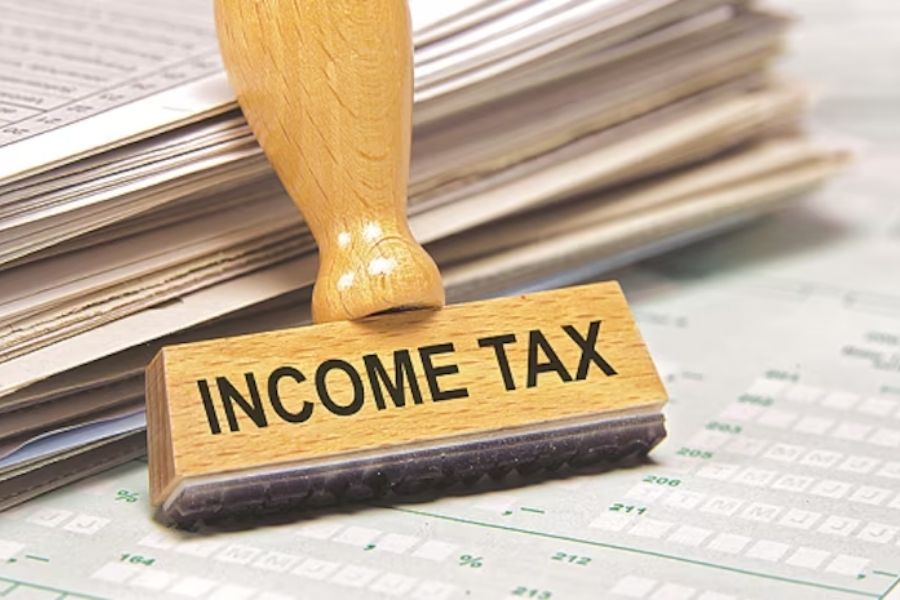Key Takeaways
- Personal income tax (PIT) is a form of income tax in Vietnam that applies to an individual’s earnings, salaries, and other sources of income. Discover how the Vietnam tax system differs for resident and non-resident workers.
- Corporate income taxes apply to businesses, partnerships, small companies, and self-employed individuals. The typical corporate income tax (CIT) rate is 20%, with variances depending on industry, notably in oil and gas. Scroll down to learn more about taxes in Vietnam!
Personal Income Tax in Vietnam
Personal Income Tax (PIT), often known as individual income tax, is a form of tax that governments levy on individuals’ earnings. Regarding Vietnam income tax, 10 categories of income are subject to PIT, including:
- Wages received from employers
- Incomes from business activities
- Capital investment
- Property transfer
- Capital transfer
- Royalties
- Prizes
- Commercial franchising
- Inheritances in the forms of securities, capital contribution in companies or economic organizations, real estate, and other assets requiring the registration of ownership or use right.
- Gifts in the forms of securities, capital contributions in companies or economic organizations, real estate, and other assets requiring the registration of ownership or use rights.
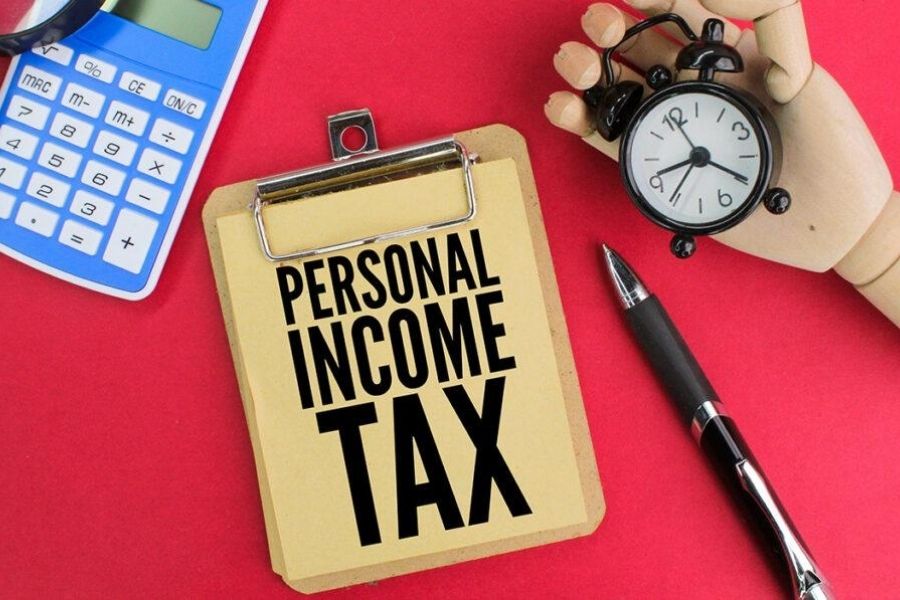
Personal income tax in Vietnam. Source: premiatnc
Tax Residents
According to Article 22 of the Law on Personal Income Tax, tax residents in Vietnam must pay taxes on their global earnings, with progressive rates ranging from 5% to a maximum of 35%. To qualify as a tax resident in Vietnam income tax, a person must fulfill one of the following criteria:
- Reside in Vietnam for 183 days or more in a 12-month consecutive period from the first day of arrival or in a calendar year.
- Hold a temporary or permanent residence card for Vietnam.
- Lease a property in Vietnam for 183 days or more in the assessment period.
Failure to satisfy these conditions qualifies a person as a non-tax resident in Vietnam income tax. However, be cautious since an individual may still be considered a tax resident in Vietnam if they are unable to demonstrate tax residency in another nation.
Tax Residents: Employment Income
| Annual taxable income (million VND) | Monthly taxable income (million VND) | PIT rate (%) |
| 0 to 60 | 0 to 5 | 5 |
| 60 to 120 | 5 to 10 | 10 |
| 120 to 216 | 10 to 18 | 15 |
| 216 to 384 | 18 to 32 | 20 |
| 384 to 624 | 32 to 52 | 25 |
| 624 to 960 | 52 to 80 | 30 |
| More than 960 | More than 80 | 35 |
Tax Residents: Non-Employment Income
| Type of taxable income | Tax rate (%) |
| Business income | 0.5 to 5 (based on the type of business income) |
| Interest (but not bank interest)/dividends | 5 |
| Sale of shares | 0.1 (of sales proceeds) |
| Capital assignment | 20 (on net gain) |
| Sale of real estate | 2 (of sales proceeds) |
| Income from franchising/royalties | 5 |
| Income from inheritances/gifts/winning prizes (excluding income from casino winning prizes) | 10 |
Compulsory Insurances
| Insurance | Employee Portion | Employer Portion | Maximum Cap (million VND) |
| Social insurance | 8% | 17.5% | 36 |
| Health insurance | 1.5% | 3% | 36 |
| Unemployment insurance | 1% | 1% | 93.6 |
Tax Non-Residents
Non-resident individuals are foreign workers who do not fulfill the requirements to be classified as tax residents in Vietnam. This mostly refers to those who:
- Stay in Vietnam for fewer than 183 days in a tax year or 12 consecutive months.
- Do not maintain a permanent residence in Vietnam.
Tax Non-Residents: Employment Income
Non-resident foreigners are taxed on their income generated in Vietnam. Yet, they are ineligible for family deductions, which are accessible to resident taxpayers. Non-resident individuals’ taxable income includes salaries and earnings earned within Vietnam’s borders.
Does Vietnam have taxes for non-residents? Yes, unlike resident taxpayers, who are subject to progressive tax rates, the Vietnam tax rate for non-residents is at a set rate of 20% on their taxable income (according to Article 26 of the Law on Personal Income Tax 2007).

Vietnam tax system for non-residents. Source: patriotsoftware
When a non-resident worker works both inside and outside of Vietnam, specific precautions must be taken. Below is the breakdown:
- If a non-resident worker is employed by a Vietnamese entity, all income earned from that employer is subject to Vietnamese PIT, regardless of where the job is done. This streamlines calculations for HR teams.
- If the non-resident is employed by a foreign firm, PIT applies solely to the share of income that is directly attributable to workdays spent physically in Vietnam. This necessitates precise calculation: divide the number of days spent working in Vietnam by the entire number of workdays in the tax year, then apply that percentage to the worker’s total salary to get the taxable portion.
Tax Non-Residents: Non-Employment Income
| Type of taxable income | Tax rate (%) |
| Business income | 1 to 5 (based on the type of business income) |
| Interest (but not bank interest)/dividends | 5 |
| Sale of shares | 0.1 (of sales proceeds) |
| Capital assignment | 0.1 (of sales proceeds) |
| Sale of real estate | 2 (of sales proceeds) |
| Income from franchising/royalties | 5 |
| Income from inheritances/gifts/winning prizes (excluding income from casino winning prizes) | 10 |
Corporate Income Tax in Vietnam
Corporate Income Tax (CIT) is paid in Vietnam by businesses in all economic sectors, including professional organizations, foreign companies that produce and trade in Vietnam, and others.
According to Clause 6, Article 1 of the Law on Corporate Income Tax, amended in 2013, the typical corporate income tax rate is 20%, with variances based on industry.
As stated in the provisions of Clause 3, Article 10 of Decree 218/2013/ND-CP, enterprises that seek, explore, and utilize petroleum and gas deposits in Vietnam face a CIT rate ranging from 32 to 50%. Meanwhile, enterprises active in seeking, discovering, and using rare materials, such as silver, gold, and gemstones, are subject to a CIT rate of 40 – 50%.
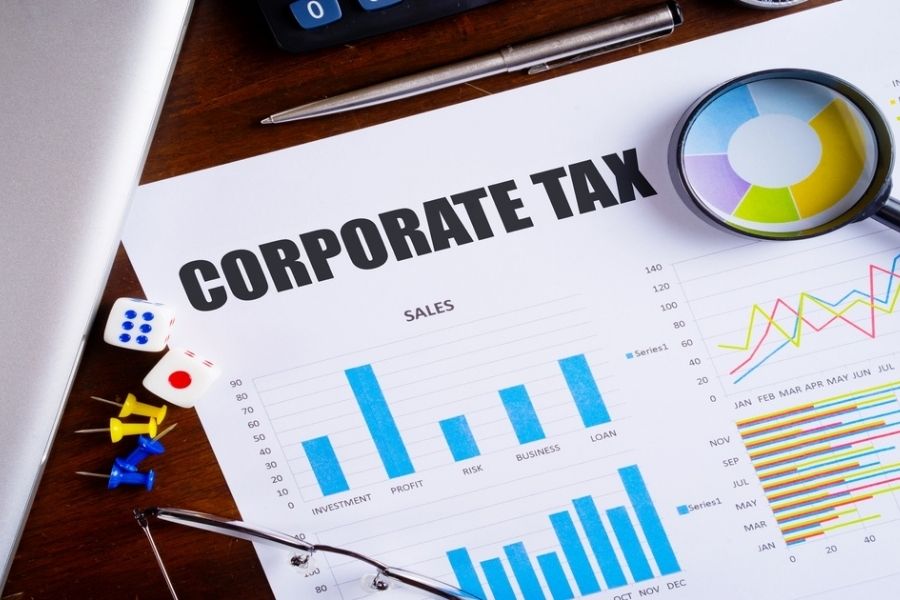
Corporate income tax in Vietnam. Source: stockanalysis
Note that there is no idea of tax residency in CIT when it comes to Vietnam income tax. Businesses established under Vietnamese laws are subject to CIT and are taxed on their worldwide income. The CIT rate of 20% will apply to foreign income. There are no provisions for tax incentives on such income.
Foreign organizations that do business in Vietnam without establishing a legal entity in Vietnam and/or generating revenue in Vietnam are deemed foreign contractors, regardless of whether the services are provided within or outside of Vietnam.
Read more:
- Average salary in Vietnam
- Work permit Vietnam
Benefits And Incomes Exempted From Taxation
Although the definition of taxable income in Vietnam income tax is broad, certain benefits are exempt from taxation and classified as non-taxable allowances. The eligibility for these allowances is dependent on the supporting vouchers or company policies related to each category. Notable nontaxable allowances in Vietnam taxes include:
- Once-a-year round-trip airfares for expatriate employees coming home or Vietnamese working abroad.
- School fees (excluding tertiary education) for children of expatriate employees or Vietnamese working abroad.
- Mid-shift meals are subject to a cash cap and a maximum non-tax cap if paid directly to employees (which is VND 730,000 per month).
- One-time relocation expenses for expatriates moving to Vietnam for work and for Vietnamese working abroad.
- Allowances or benefits for weddings or funerals.
- Uniforms (subject to a cash cap and a non-tax cap of VND 5 million per year for direct payments to workers).
- Benefits offered in kind on a collective basis (for example, memberships) without identifying an individual as a beneficiary.
In addition, further non-taxable income includes:
- Earnings from deposits with banks and credit institutions.
- Retirement pensions paid from the Social Insurance Fund.
- Payments from life and non-life insurance policies.
- Property transfers between direct family members.
- Inheritances and gifts from immediate family members.
- Retirement pensions from voluntary insurance plans.
- Income from casino winnings.
Tax Year And Finalizations
Individuals are taxed on a calendar year basis, with employers required to withhold personal income tax in Vietnam either monthly or quarterly. Other taxes, such as dividends, are usually withheld at the source or self-declared when events occur. Individuals should consider whether they need to finalize their yearly taxes before the deadline for personal income tax in Vietnam.
If an individual only receives income from one employer during the year, or if they have additional income in limited circumstances, they can authorize their employer to finalize on their behalf by the last day of the third month following the end of the tax year (March 31).
In case of tax refunds, credits, or liabilities, they must finalize by the end of the fourth month of the following year (i.e., April 30th).
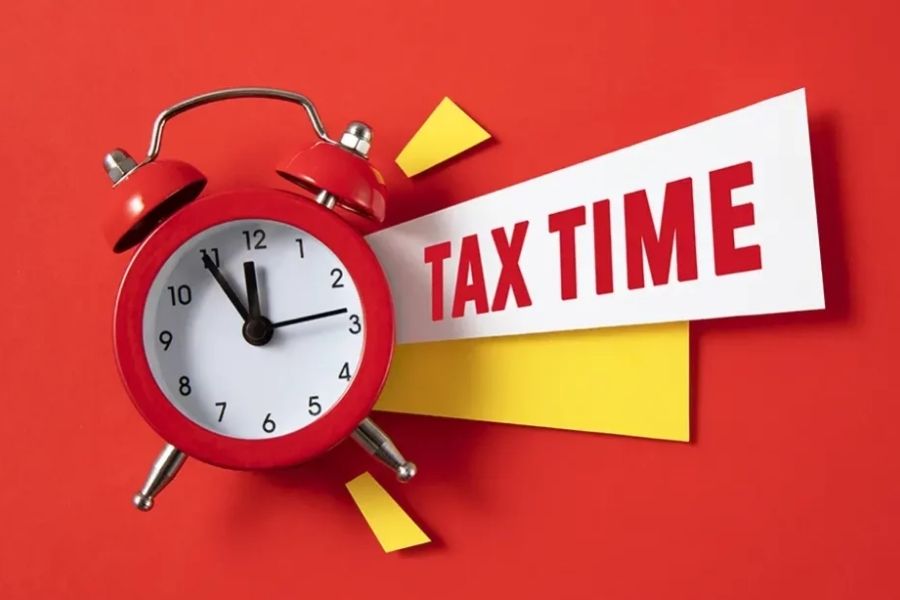
Vietnam taxes year and finalizations. Source: pembrokefinancial
Individuals with uncomplicated tax concerns who owe no taxes to the authorities are not required to finalize. This, however, may influence in future years if their tax problems become more complicated. As a result, all taxpayers are encouraged to do their taxes each year.
Frequently Asked Questions
- How much is income tax in Vietnam?
In Vietnam, personal income tax rates for residents vary between 5% and 35%, according to income level, under a progressive system.
Individuals who live in Vietnam are liable to personal income tax on their whole income, whereas non-residents are only taxed on income earned within Vietnam. Employers and workers must adhere to certain tax residence, deduction, and finalization laws.
- Do foreigners pay tax in Vietnam?
Resident foreign workers are liable to Personal Income Tax (PIT) on their worldwide earnings, both in Vietnam and overseas. This comprises income from employment, business, capital transfer, investment, gifts, lottery winnings, real estate transfer, inheritance, and other sources.
Unlike resident taxpayers, who are subject to progressive tax rates, non-residents are taxed at a set rate of 20% on their taxable income. Furthermore, they are not eligible for the family deduction, which is given to resident taxpayers.
- Does Vietnam have high taxes?
Vietnam’s taxes are reasonable by worldwide standards. Residents pay a progressive income tax ranging from 5% to 35%, but non-residents pay a flat 20% tax on their local income.
Besides, corporate income tax is 20%, lower than in many other nations. For instance, non-resident businesses in Malaysia, another Southeast Asian nation, pay a corporate income tax rate of 24% on chargeable income in the fiscal year 2023/2024.
- Is there a 20% tax in Vietnam?
In Vietnam, non-residents pay a flat 20% tax on income generated within the nation. This rate is part of Vietnam’s personal income tax (PIT) system and applies to non-residents. They are people who are present in Vietnam for fewer than 183 days in a tax year or 12 months in a row and do not have permanent residence in the country.
Ms. Tracy has worked in human resource consulting for over 15 years. A driven entrepreneur focused on business expansion and people development. She previously worked as Country Manager for an international Australia firm that specializes in global workforce management, as well as several key roles as Business Growth Director and Executive Search Director for both large local firms to effectively drive their business growth. A strong emphasis is placed on aligning organizational priorities/objectives with business needs. She has a large network of local business leaders and a thorough understanding of the local market.

